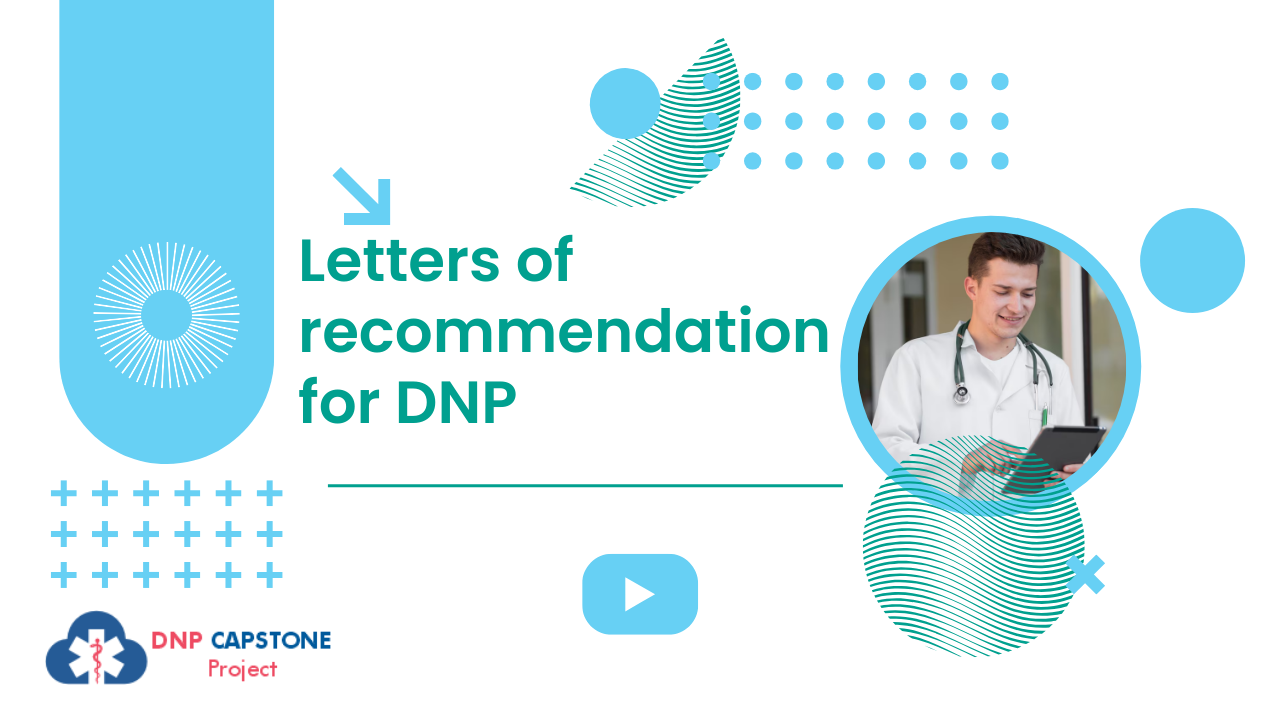How to Request and Use Letters of Recommendation for Your DNP Program
Pursuing a Doctor of Nursing Practice (DNP) degree is a major milestone in your professional journey. One of the most important — and sometimes overlooked — parts of the application process is securing strong letters of recommendation.
Whether you’re applying to your first DNP program or returning for a post-master’s track, these letters play a crucial role in setting you apart. Here’s everything you need to know to make your letters work for you.
Why Letters of Recommendation Matter
Admissions committees don’t just want to see your GPA or résumé — they want to know what kind of nurse, leader, and scholar you are. Letters of recommendation provide an inside look into your:
-
Clinical competence
-
Leadership potential
-
Work ethic and professionalism
-
Interpersonal and communication skills
-
Ability to succeed in a rigorous doctoral program
These are insights only someone who’s worked closely with you can provide.
Who Should You Ask?
Choose recommenders who know you well and can speak to your qualifications. Ideal choices include:
-
Nursing supervisors or nurse managers
-
Advanced practice nurses or DNP-prepared colleagues
-
Clinical preceptors
-
Professors from your BSN or MSN programs
-
Medical directors or interdisciplinary collaborators
Avoid asking family, friends, or anyone who can’t comment on your clinical or academic skills.
Tips for Requesting a Letter
-
Ask Early
Give your recommenders plenty of time — at least 4–6 weeks before your deadline. The earlier you ask, the more thoughtful their letter will be. -
Ask in Person (if possible)
If you can, make your request face-to-face or via video call. It’s more personal and respectful. -
Be Clear and Professional
Let them know what program you’re applying to and why you’re pursuing a DNP. Ask if they feel comfortable writing you a strong letter of recommendation. -
Provide Supporting Materials
Help them write a better letter by giving them:-
Your current résumé or CV
-
A draft of your personal statement
-
A list of your accomplishments
-
Details about the DNP program
-
-
Follow Up and Say Thank You
Send a thank-you note and update them on your acceptance. Gratitude goes a long way — and they may write for you again in the future.
How Many Letters Do You Need?
Most DNP programs require 2–3 letters of recommendation. Always double-check the specific requirements for each school, including who they want letters from and how they should be submitted.
Common Mistakes to Avoid
-
Waiting too long to ask
-
Asking someone who barely knows you
-
Submitting generic or vague letters
-
Ignoring specific program requirements
Final Thoughts
Strong letters of recommendation can be a game-changer for your DNP application. With thoughtful planning, respectful communication, and the right recommenders, you’ll give admissions committees a powerful reason to say yes.



